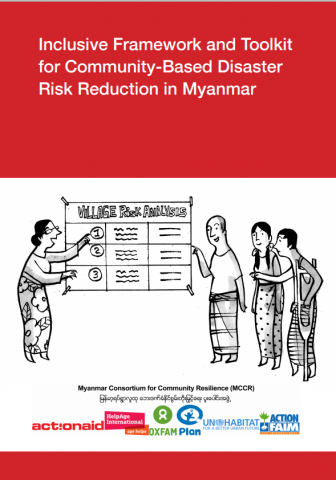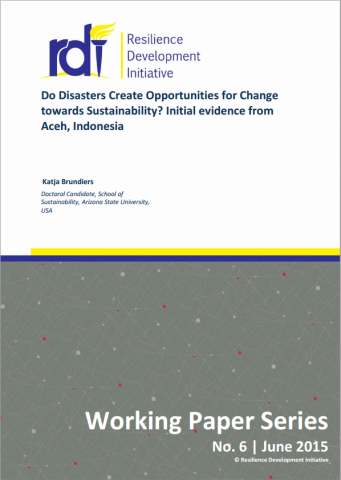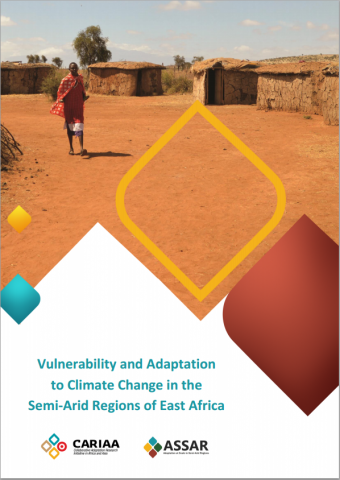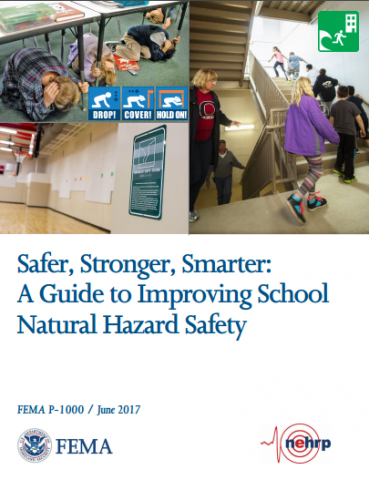Inclusive Framework and Toolkit for Community-based Disaster Risk Reduction in Myanmar
This resource aims to provide relevant and practical guidance to DRR practitioners (policy and program colleagues), on how to ensure inclusion – particularly of vulnerable groups – in Community-Based DRR (CBDRR) initiatives in Myanmar. It comprises an overall Framework for inclusive CBDRR and a number of tools/resources including: 1) a checklist for inclusion in the […]
Inclusive Framework and Toolkit for Community-based Disaster Risk Reduction in Myanmar Read More »




